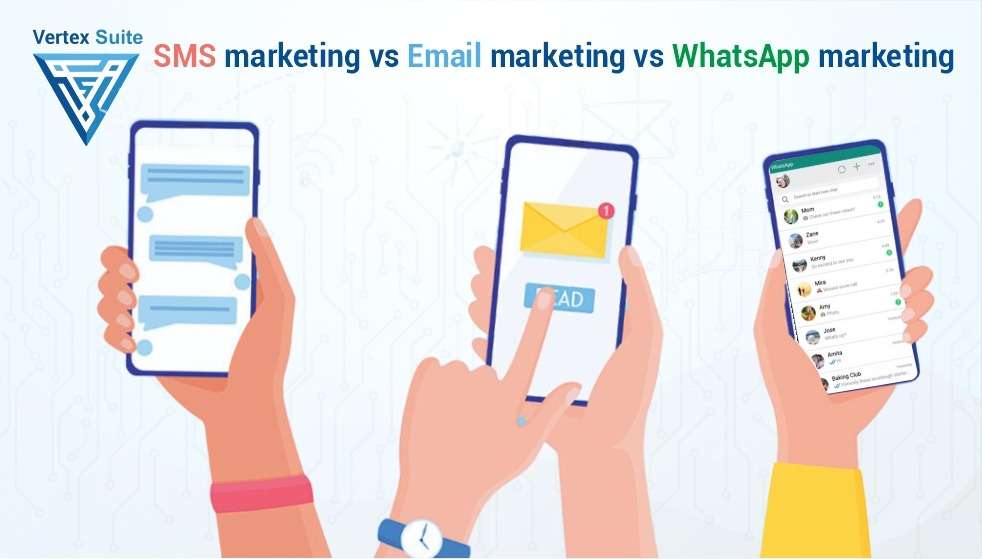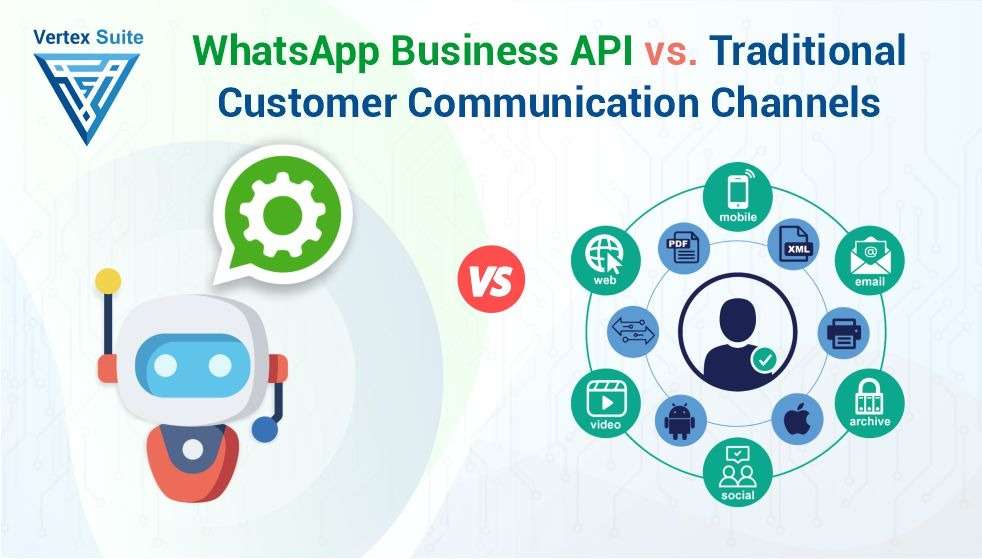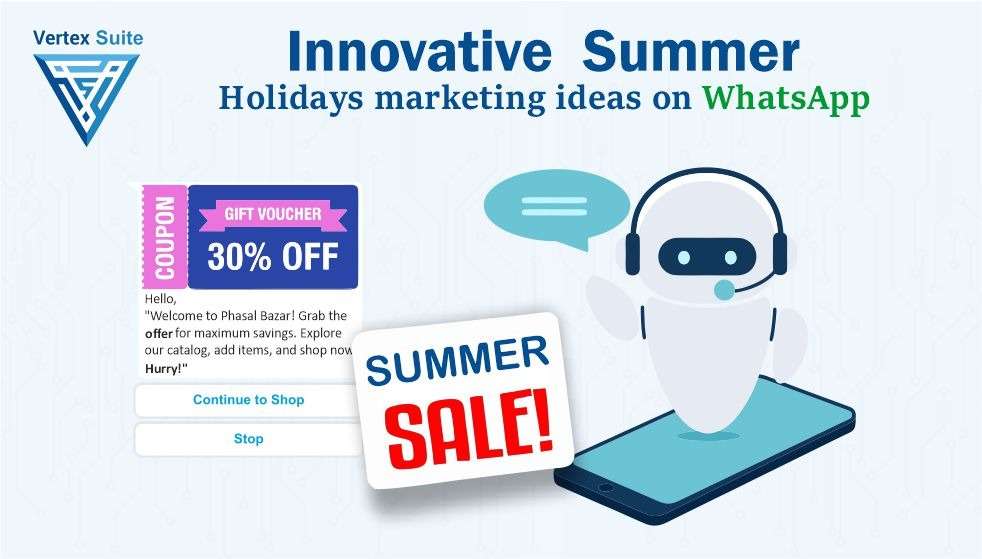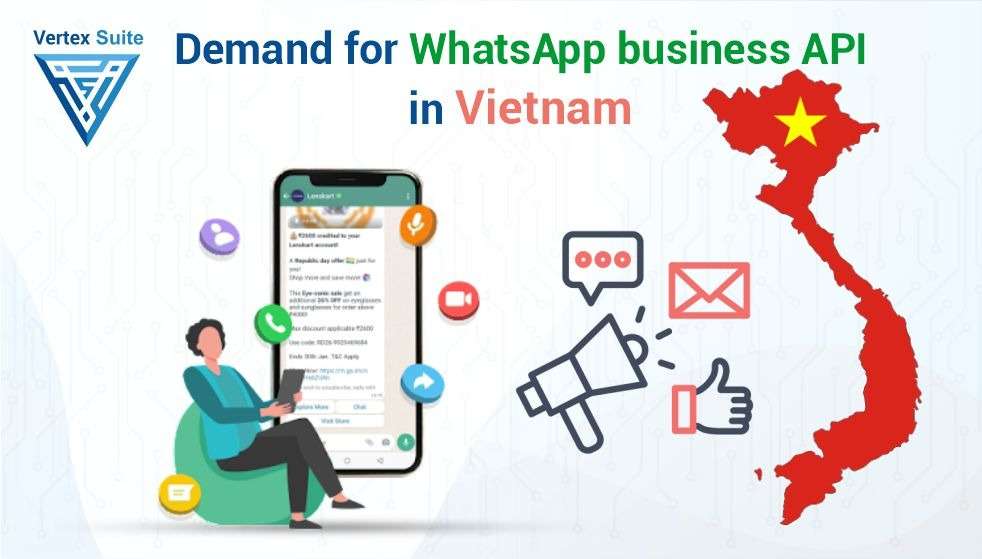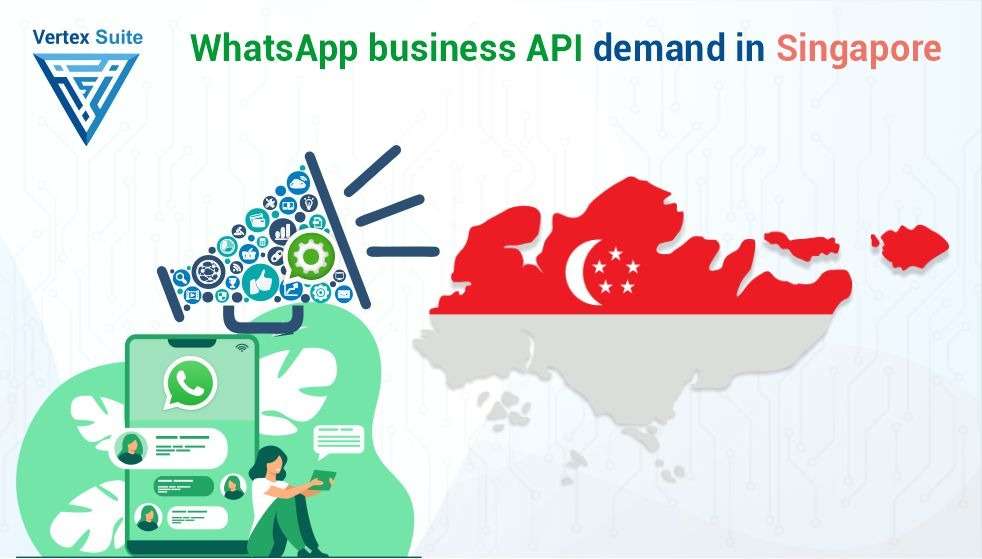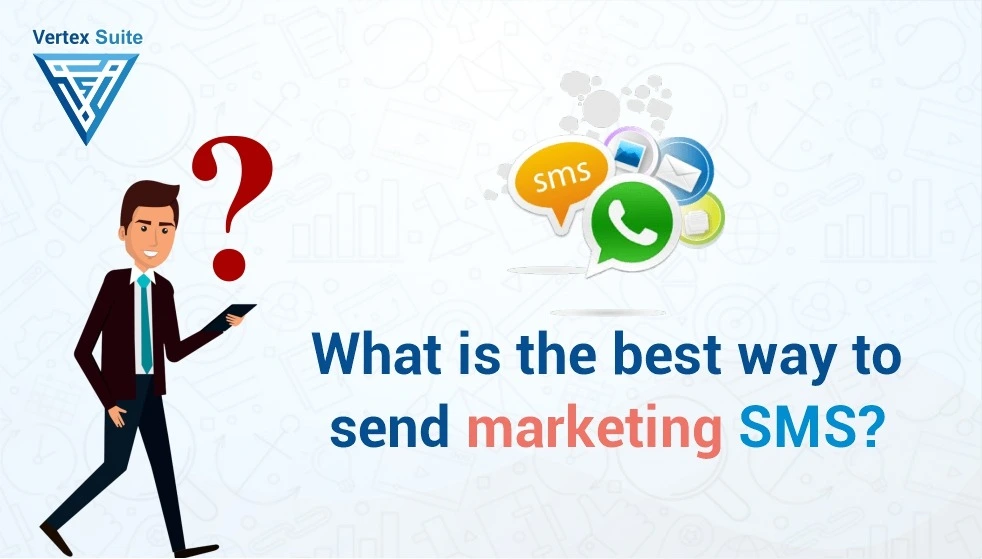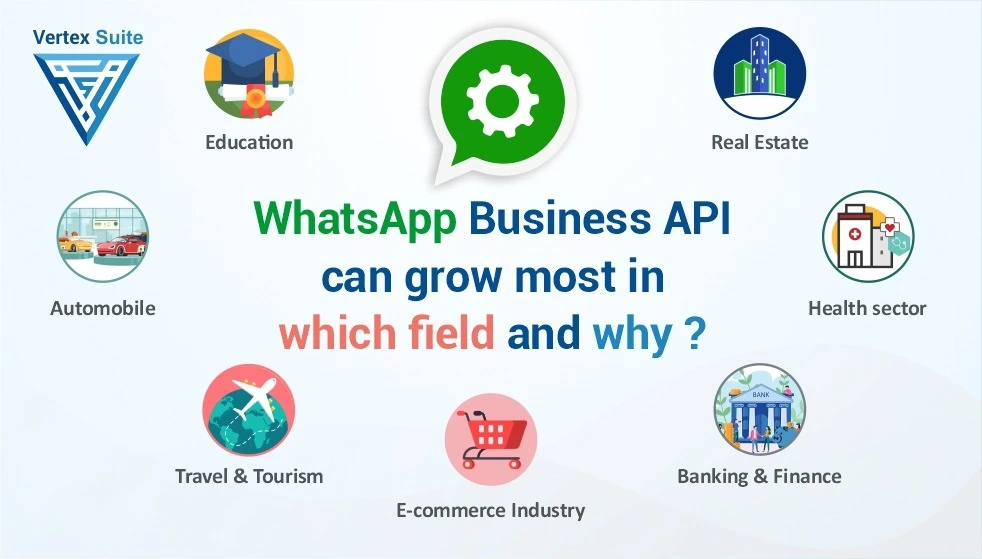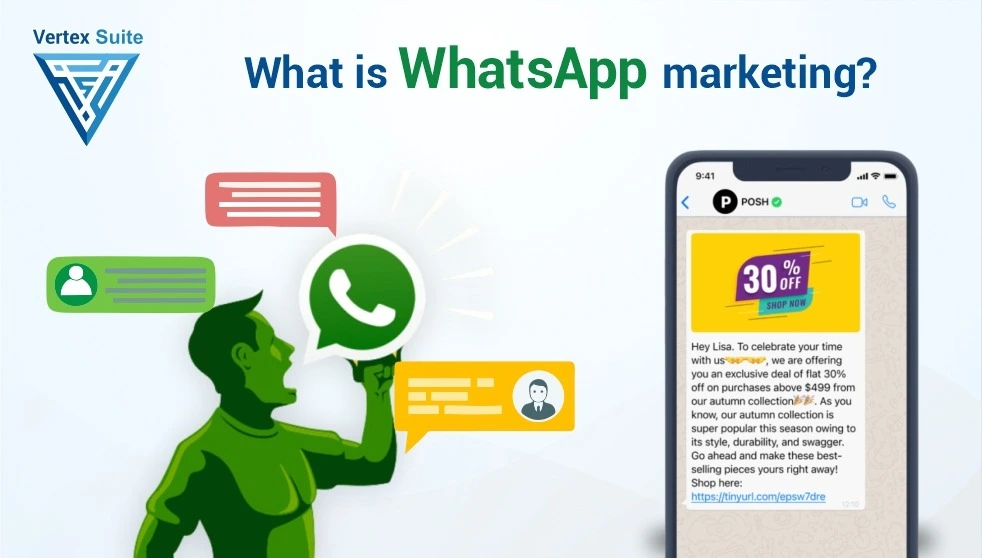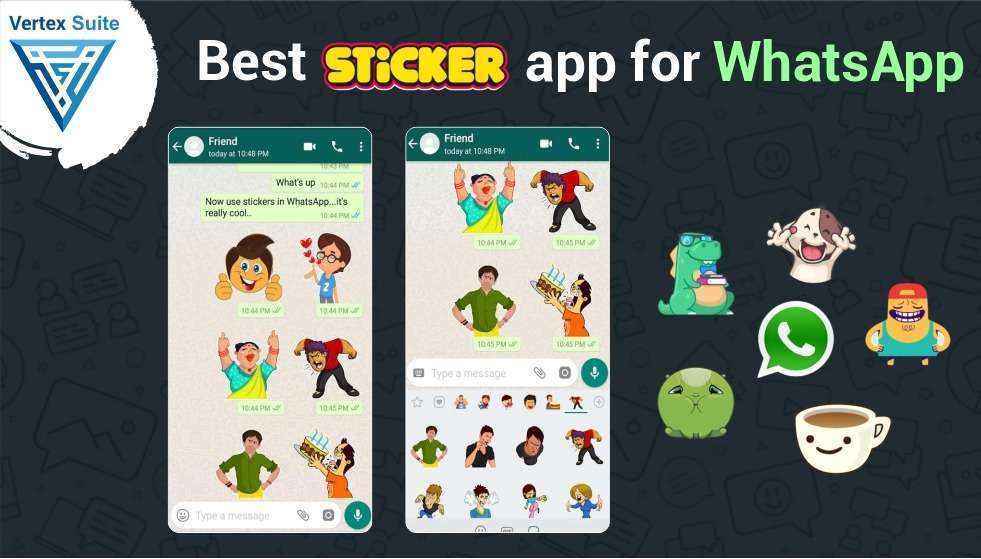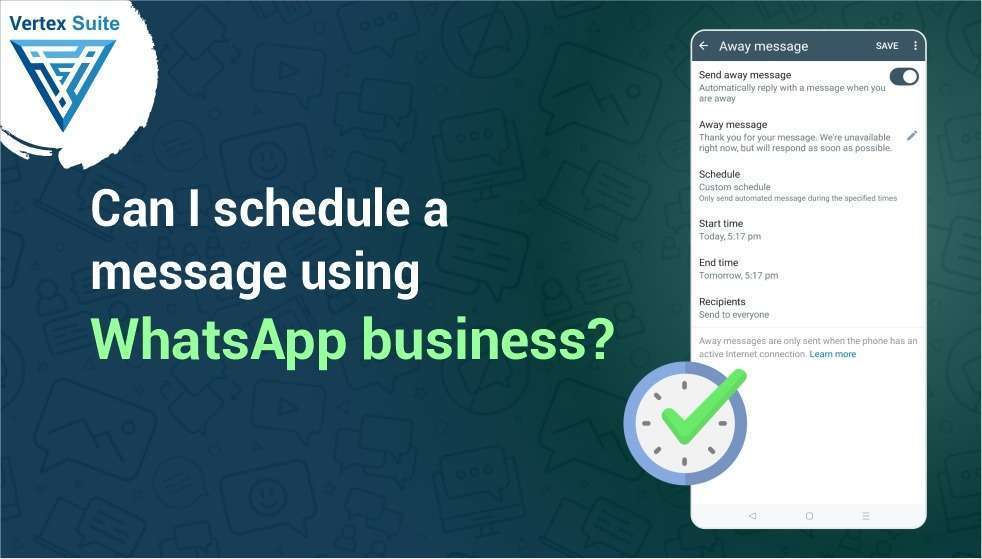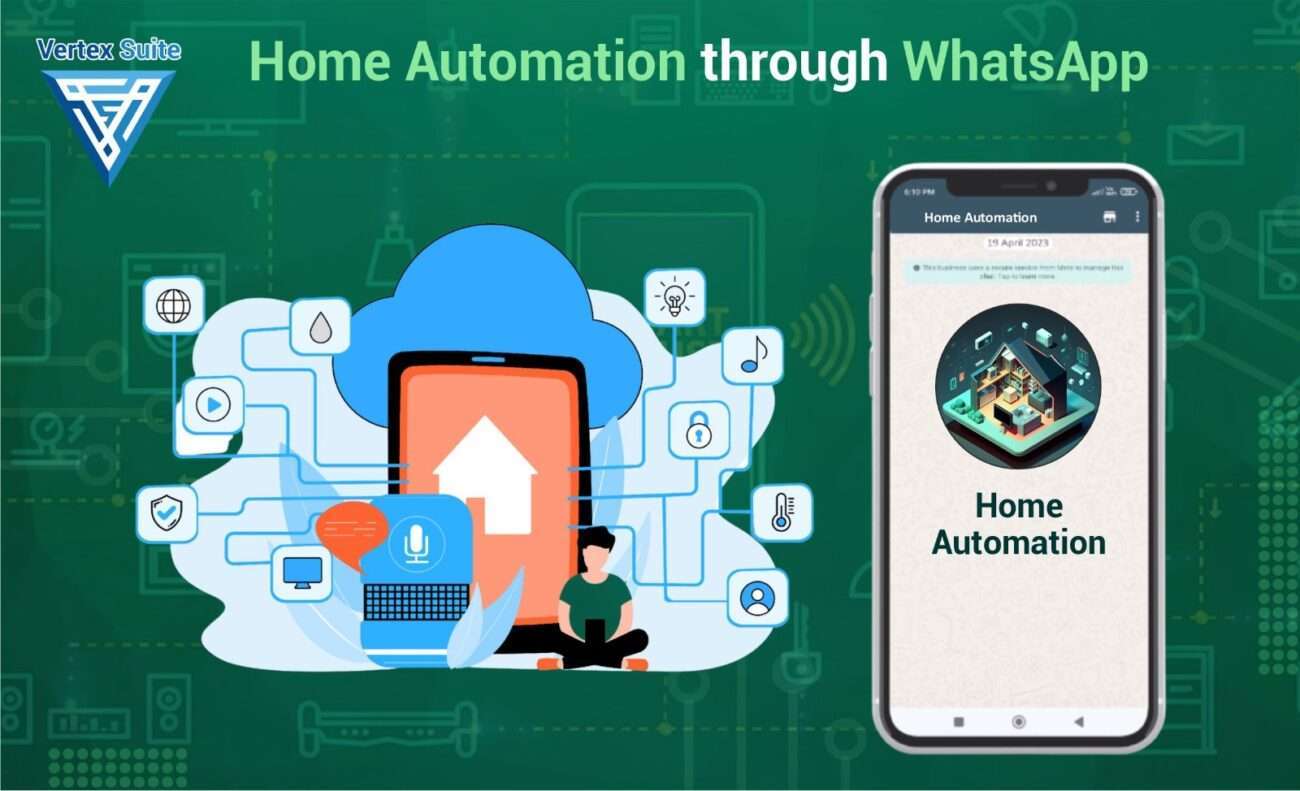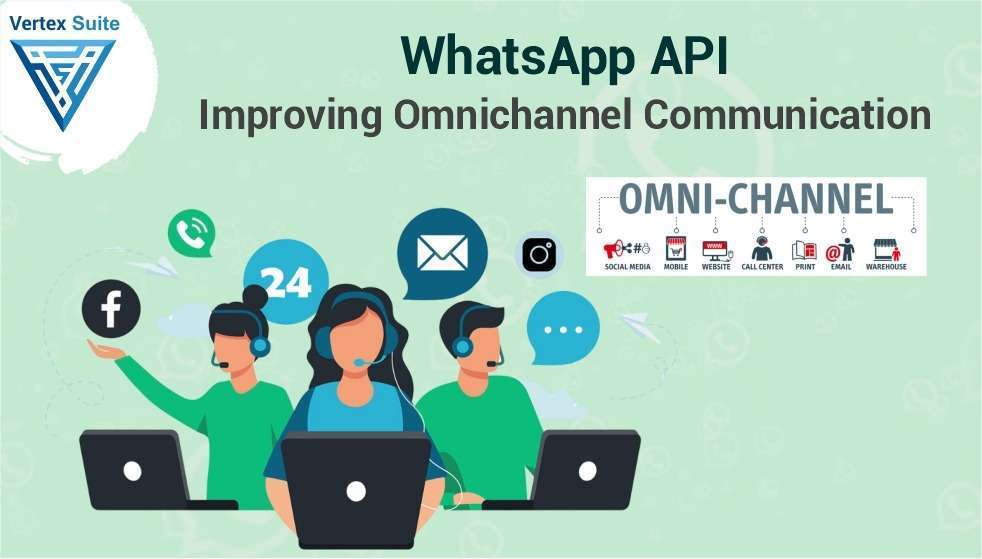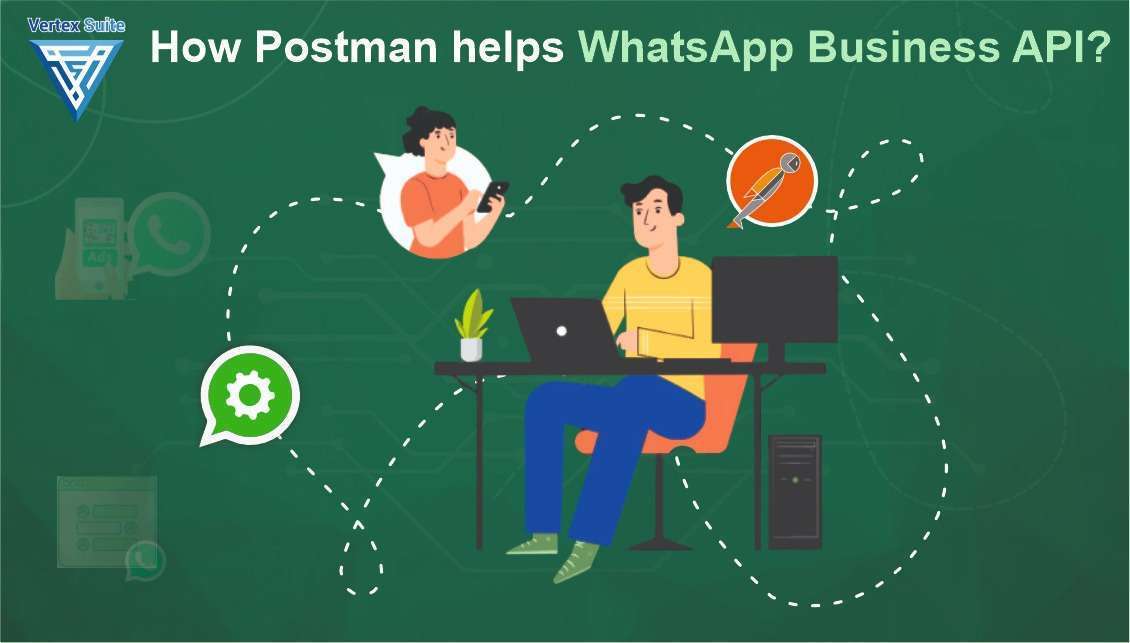Timely delivery of communications to clients is crucial in today's business scenario and is a key component of success. These days, consumers anticipate prompt service and quick response from companies, thus effective communication is essential to meeting their expectations. Whether its order confirmations, shipment notifications, or answering consumer questions, all require quick message delivery to customers to build brand confidence and trust, ultimately boosting customer satisfaction and loyalty.
Moreover, prompt communication increases consumer engagement by capturing their attention when they are most responsive, resulting in meaningful interactions and relationships. Businesses that prioritize prompt communication gain a competitive edge over their rivals because they are perceived by customers as dependable and customer-focused organizations. This proactive strategy not only enhances the brand's reputation but also attracts new customers and retains existing ones.
Personalized recommendations, timely updates on new products, and targeted promotions are just a few ways that instant communication creates potential for optimizing sales. Therefore, the quest for the best communication medium to transmit messages stems from an understanding of how timely communication improves customer happiness, boosts engagement, sustains competitiveness, and ultimately optimizes corporate success.
SMS Marketing
It is also known as text message marketing or short message service marketing, has become the most common approach used by businesses since the advent of digital media and mobile phones. Businesses send text messages to deliver alerts, offers, notifications, and updates to their customers. It is the most convenient and effective medium used to communicate with customers quickly, and it also allows for sending personalized messages.
Businesses benefit from SMS marketing in several ways:
1. High Open Rates:
Research has shown that more than 80% of messages are opened and read as soon as they are delivered. This high open rate has increased the popularity of SMS marketing, as messages are typically short and simple. SMS marketing is particularly successful in sending urgent notifications quickly.
2. Instant Delivery:
Due to its instant delivery feature, customers are able to receive any form of marketing communication on time. This instant feature is extremely beneficial for promotions that offer limited-time offers or send last-minute updates.
3. Cost-Effectiveness:
When compared to traditional marketing channels such as print media or television media, SMS marketing is more cost-effective. These traditional channels are often more expensive and may only be affordable for larger brands. In contrast, SMS marketing is more economical, allowing businesses to reach a broad audience at a low cost because there are no printing or delivery charges.
4. Personalization:
SMS marketing enables businesses to communicate with customers in a personalized way by creating customized messages based on their purchase history, preferences, and behavior. Personalized communications have a higher chance of striking a chord and influencing action.
Despite its benefits, SMS marketing also has its limitations and potential drawbacks:
1. SMS messages are limited to a maximum of 160 characters. This restriction limits the amount of information that companies can share with their customers.
2. Senders do not receive confirmation whether sent text messages are read or not.
3. Recipients who receive too many or irrelevant messages may become fatigued and unsubscribe or stop responding in the future. Business must sustain client engagement by finding a balance between relevant content and frequency.
Email Marketing
Another digital marketing technique i.e. email marketing that businesses can use to send updates, newsletters, promotional messages and other communications to a specific audience. With this form of marketing, companies can interact with clients directly, improve connections, advertise goods and services, and increase sales. Email marketing campaigns can range from basic promotional emails to complex automated workflows customized to each recipient's preferences and actions. The effectiveness of email marketing often hinges on factors such as audience segmentation, personalization, engaging content, and adherence to best practise for deliverability and legal requirements.
Businesses benefit from email marketing in several ways:
1. Versatility:
Email marketing campaigns can incorporate text, photos, videos, and interactive components. This versatility allows businesses to design visually appealing and engaging advertisements tailored to the preferences of their audience.
2. Segmentation and Personalization:
Email marketing platforms offer segmentation and customization features, enabling businesses to target specific audience segments with relevant content and offers. This personalized approach results in higher conversion rates.
3. Automation:
Many email marketing systems provide automation features that allow businesses to create automated email sequences, trigger-based campaigns, and personalized workflows. Automation ensures consistent communication with subscribers while streamlining the marketing process and saving time and money.
4. Analytics:
Email marketing platforms offer comprehensive analytics and tracking tools that enable businesses to monitor user interaction, campaign performance, and important metrics such as open, click-through, and conversion rates. By leveraging this data-driven approach, businesses can optimize their campaigns for better results.
Despite its benefits, email marketing also has its limitations and potential drawbacks:
I. While email marketing allows for reaching a large audience, challenges such as spam filters, cluttered inboxes, and email spam can make deliverability difficult.
II. Email campaigns must be optimized for mobile viewing due to the increasing use of mobile devices. Emails that are not mobile-friendly can result in low user experience and engagement rates.
III. Excessive or irrelevant emails can lead recipients to unsubscribe or stop reading emails in the future. Companies need to balance the frequency of emails to keep subscribers engaged without overwhelming them.
WhatsApp Marketing
WhatsApp marketing involves sending updates, customer service, and promotional messages to consumers' mobile devices via the WhatsApp messaging network. With over 3 billion active users, WhatsApp offers a large and engaged audience for marketing purposes. It provides businesses with a direct and immediate way to engage with clients, leveraging WhatsApp's popularity and widespread adoption as a messaging service.
Marketing via WhatsApp offers several benefits:
1. Enhanced Engagement:
Compared to SMS and email, WhatsApp users are more likely to open and respond to messages, resulting in high engagement rates. This increased interaction can lead to more conversions and greater customer loyalty.
2. Versatile Media Support:
WhatsApp supports a wide range of media types, including voice messages, documents, photos, videos, and text. This enables businesses to create more interactive and visually appealing content, enhancing the effectiveness of marketing messaging.
3. Personalized Engagement:
WhatsApp allows businesses to deliver targeted messages to customers based on their preferences, behaviors and past purchases. This enables personalized communication with customers, strengthening relationships and increasing the relevance of marketing messaging.
4. Instantaneous Engagement:
With WhatsApp, businesses and clients can communicate in real-time, addressing questions, providing feedback, and offering assistance immediately. This instant connection can build brand trust and improve customer satisfaction.
5. Budget-Friendly:
Compared to traditional marketing channels such as print or television advertising, WhatsApp marketing can be more affordable for businesses. There are no per-message expenses, allowing businesses to reach a large audience at a low cost.
6. Opt-In Requirement:
Similar to SMS marketing, WhatsApp marketing requires recipients to consent to receive messages. This ensures that communications are sent to an interested audience, increasing the likelihood of interaction and conversions.
WhatsApp marketing is a burgeoning trend, witnessing several breakthroughs:
Integration with Business Tools:
Businesses are integrating WhatsApp with chatbots, CRM systems, and automation tools to enhance productivity, personalize customer experiences, and streamline communication.
WhatsApp Business API:
This API allows companies to send messages in bulk, automate replies, and provide customer service through WhatsApp. It is especially beneficial for larger companies and enterprises looking to utilize WhatsApp for customer support and marketing.
WhatsApp Business Catalog:
This feature simplifies the process of browsing and purchasing directly through WhatsApp by enabling companies to showcase their products and services within the app.
WhatsApp marketing offers various benefits for small businesses and brands:
1. Direct Communication:
WhatsApp provides small businesses with an immediate and direct channel of communication with consumers, facilitating personalized exchanges and prompt responses to inquiries.
2. Cost-Effectiveness:
For small firms, WhatsApp marketing can serve as a low-cost alternative to traditional marketing channels such as print or broadcast advertising.
3. Customer Engagement:
WhatsApp enables small businesses to engage with customers in real-time, fostering stronger relationships and increasing brand trust.
4. Visibility and Accessibility:
As a popular messaging service, WhatsApp offers small businesses a platform to reach a large audience and increase brand visibility.
Business of all sizes have the potential to enhance customer engagement, boost sales and improve brand visibility through WhatsApp marketing. With WhatsApp’s widespread usage and innovative features, leveraging this platform can accelerate business growth and expand the customer base.


